
Exciting new series on “Voice, Body and Movement for Lawyers – How to connect with the jury and find Justice Through Dramatic Technique!”
Click here to find out more
Evidential issues are questions of law. By ruling on motions and objections, the judge determines what evidence may be presented to and considered by the jury. Judges apply the rules of evidence to determine whether to admit or exclude physical evidence, oral testimony, and exhibits. Once admitted, the jury decides how much weight to afford the evidence.
The rules of evidence permit only that which is deemed relevant and trustworthy to be received by the jury.
This presentation will provide you with a comprehensive review of the rules of evidence that come up most frequently. With memorable hypotheticals to trigger fast recall, you'll be able to think fast on your feet and use the rules to your advantage, both before and during trial.
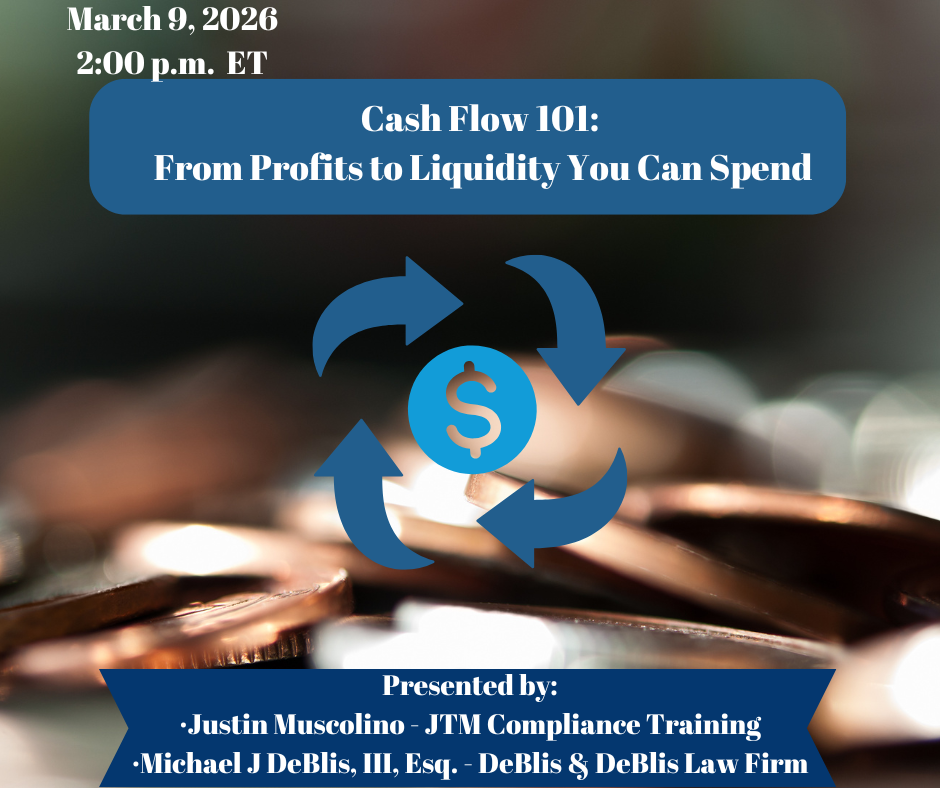
This course clarifies the distinction between profit and cash flow from a legal perspective. Attorne...
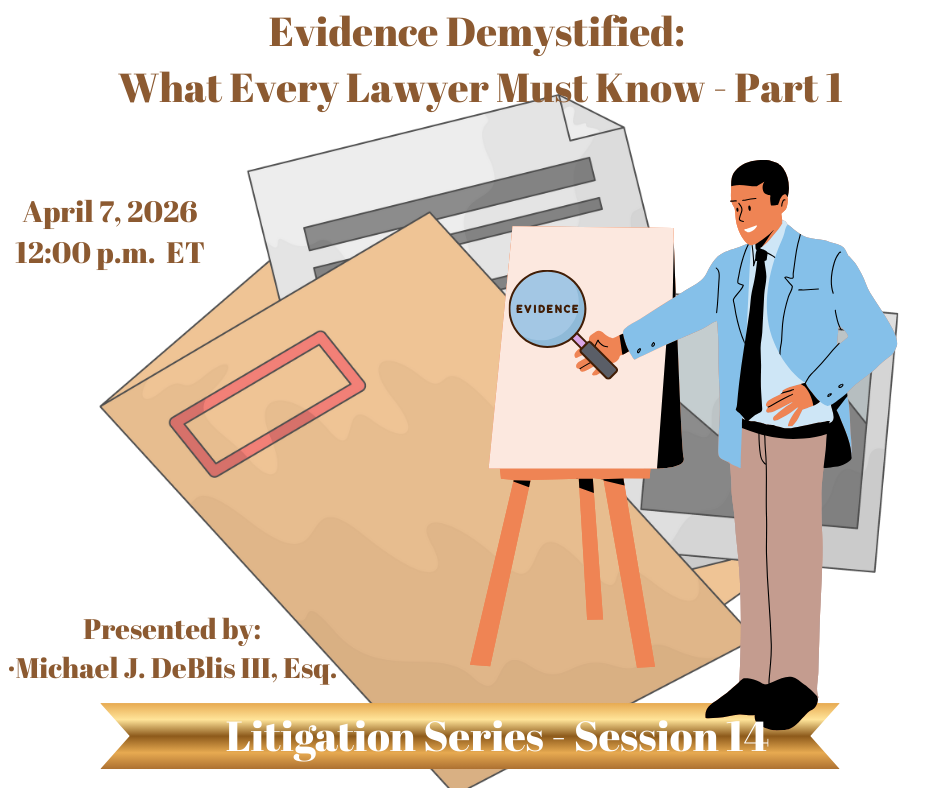
Evidence Demystified Part 1 introduces core evidentiary principles, including relevance, admissibili...
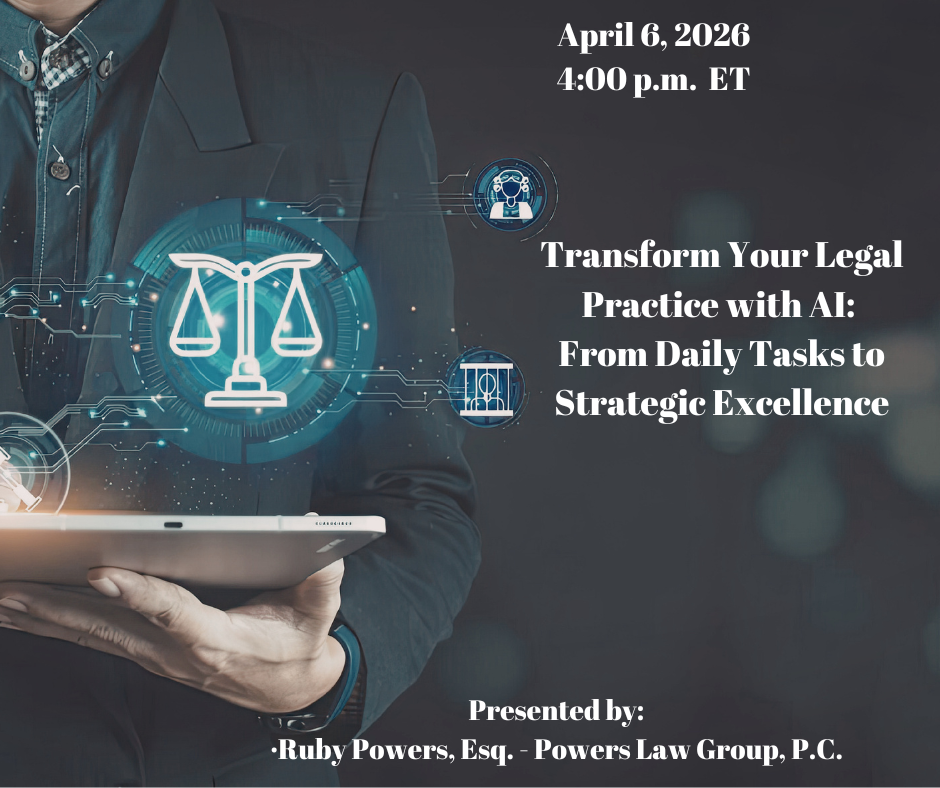
This course provides a strategic roadmap for attorneys to transition from administrative burnout to ...
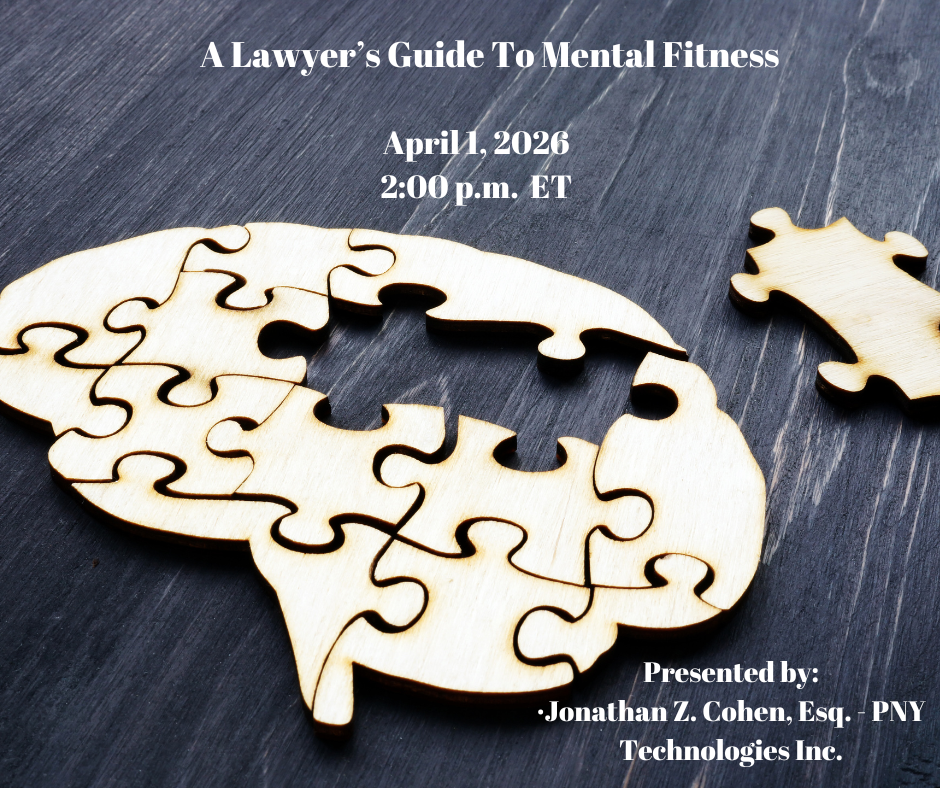
‘A Lawyer’s Guide To Mental Fitness’ is a seminar designed to equip professionals ...
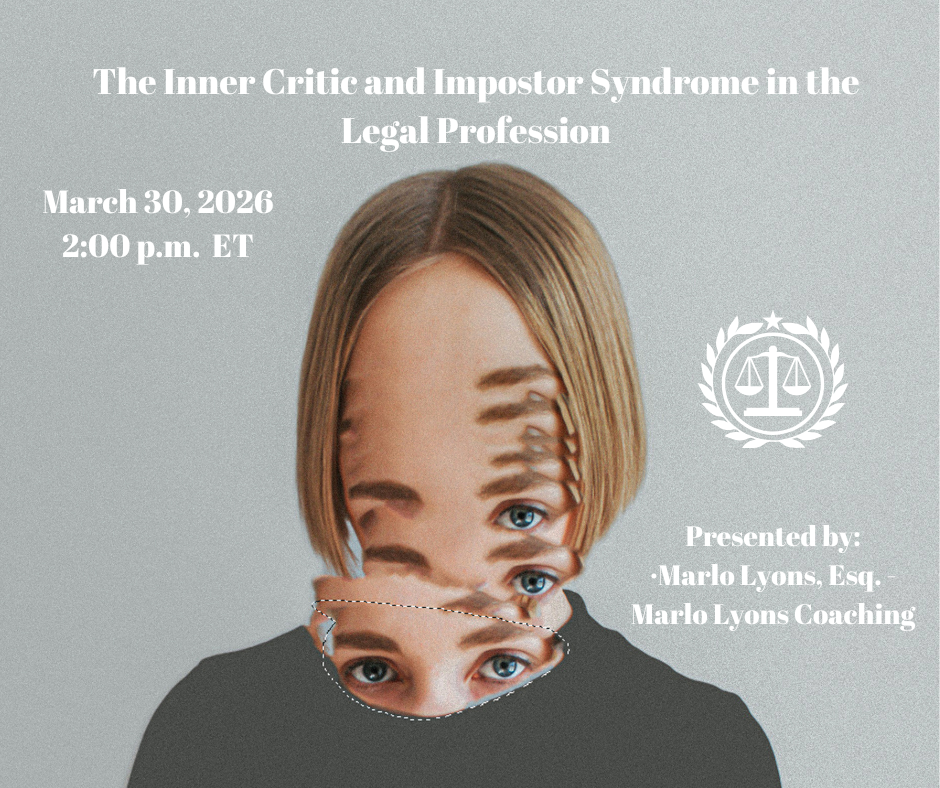
In high-stakes, high-pressure environments like the legal field, even the most accomplished professi...
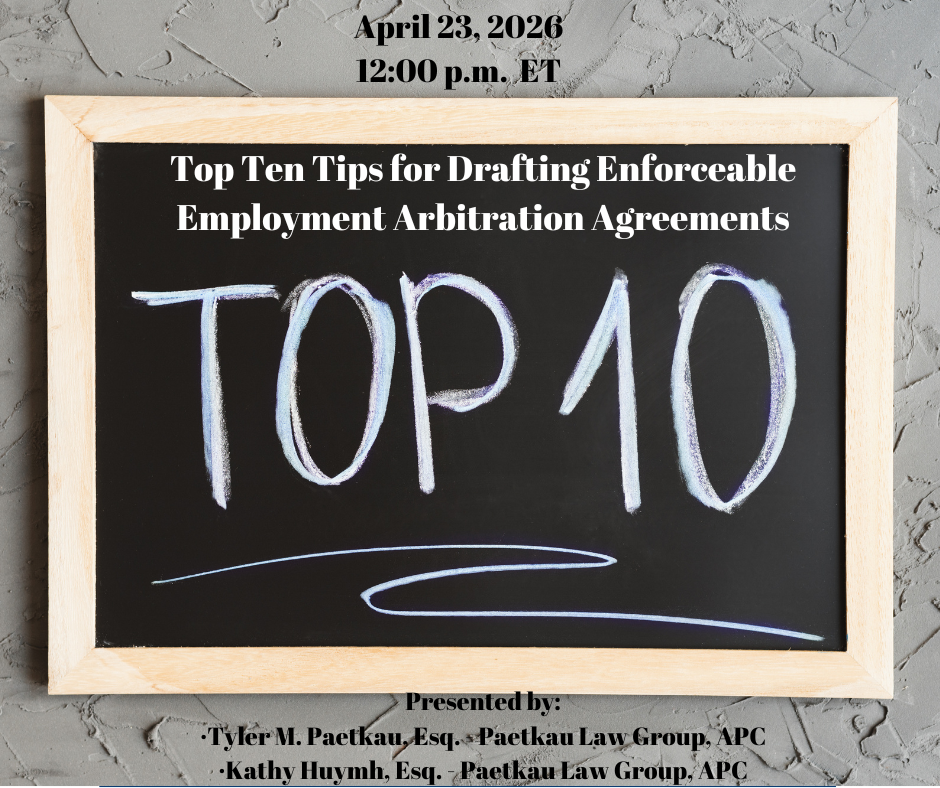
In the rapidly evolving landscape of employment law, arbitration agreements have become a cornerston...
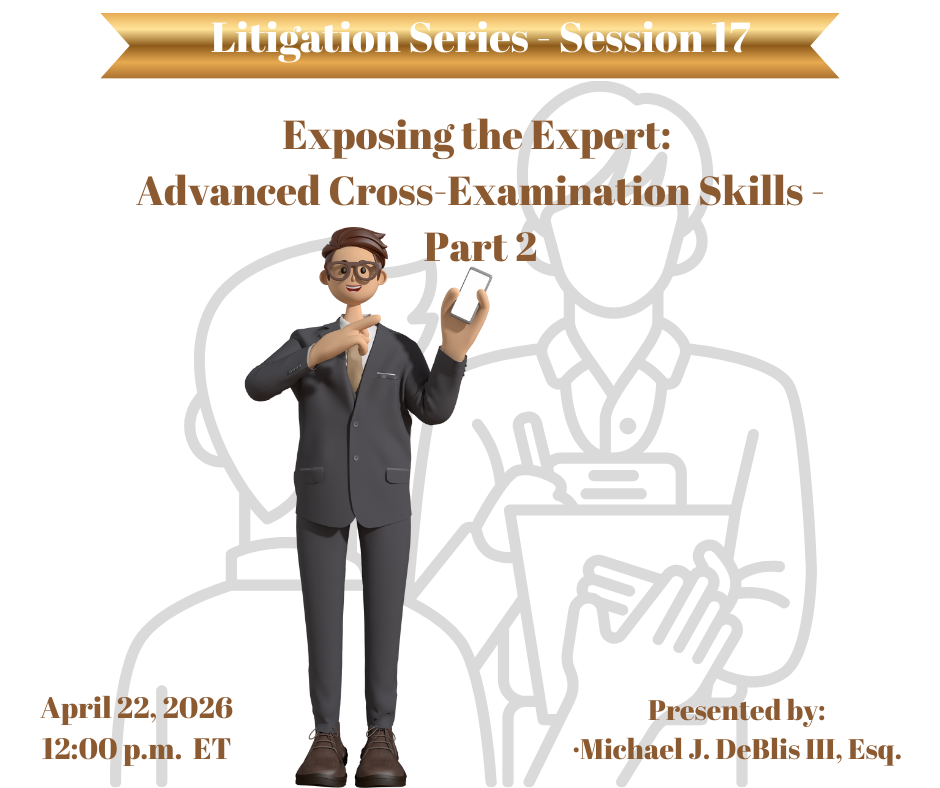
Part 2 - This program will continue the discussion from Part 1 focusing specifically on cross?examin...
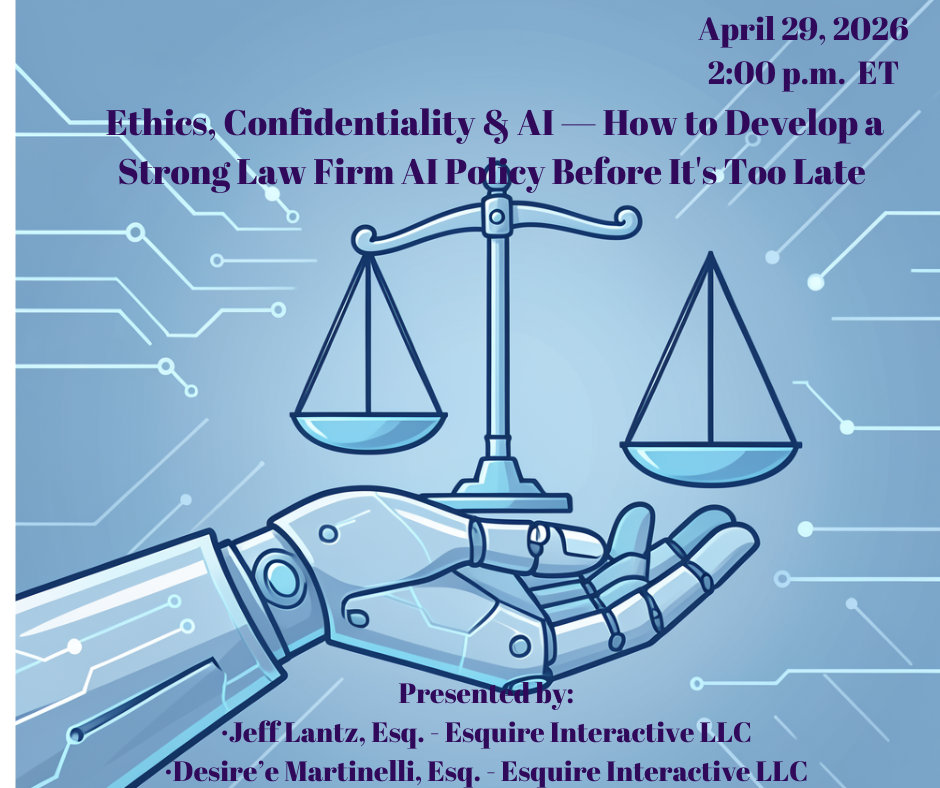
Artificial intelligence is already reshaping legal practice, from research and drafting to litigatio...
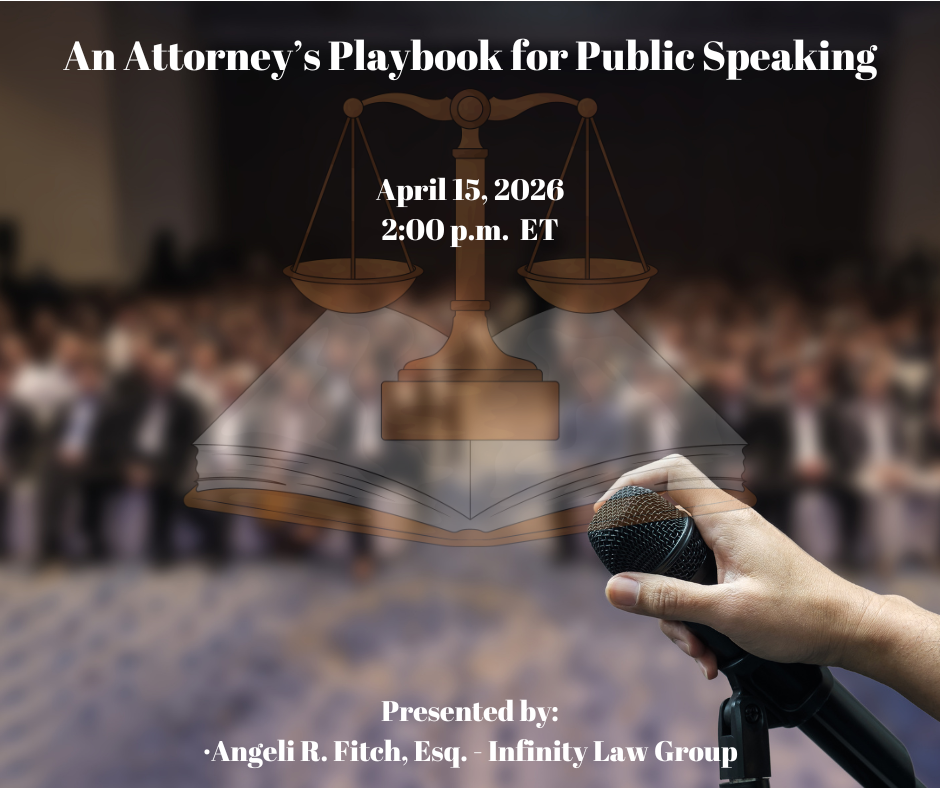
Attorneys are judged every time they speak—in client meetings, depositions, hearings, negotiat...
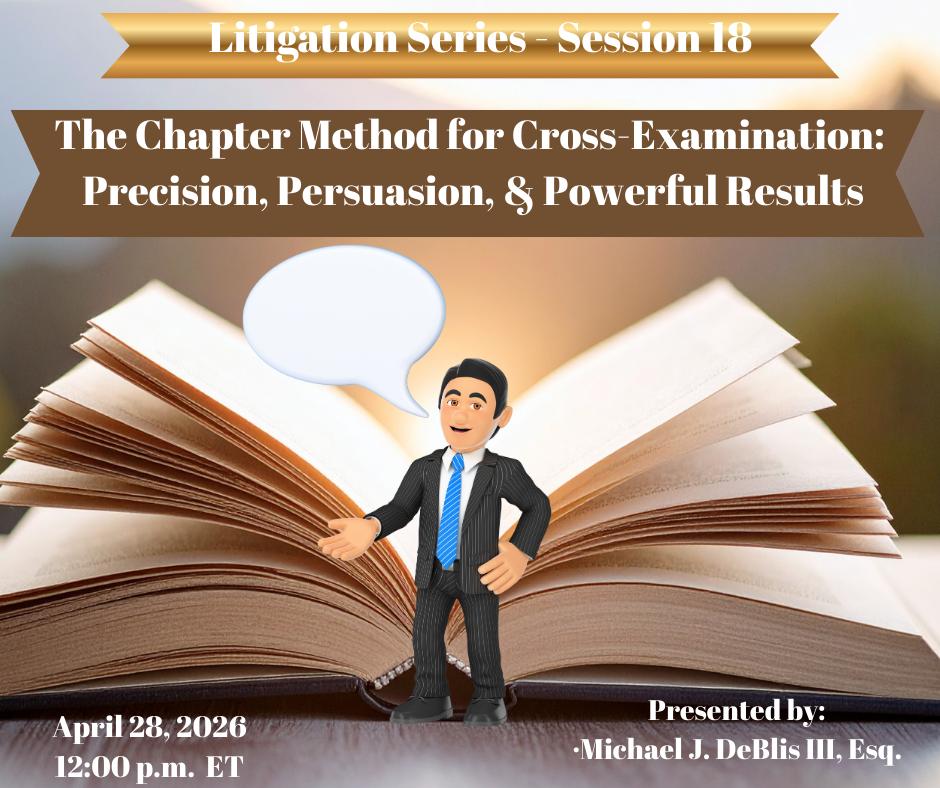
The “Chaptering Your Cross” program explains how dividing a cross?examination into clear...